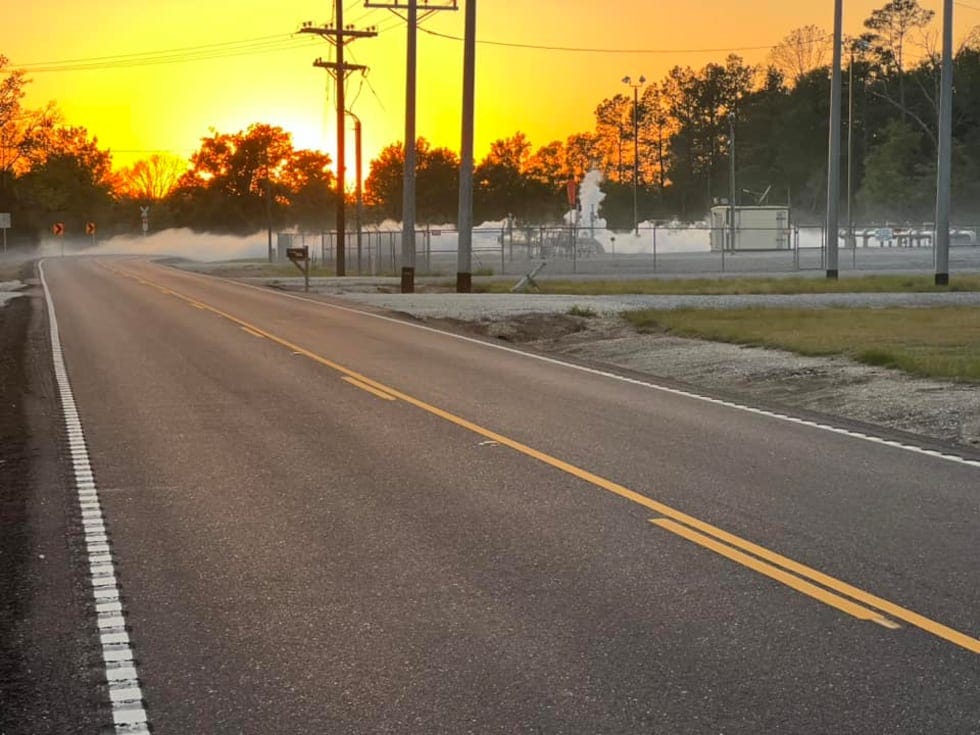
On April 4, residents in and around Sulphur, Louisiana, were asked to shelter in place after the Denbury carbon pipeline leaked nearby.
According to the release, there was a leak in a high-pressure carbon dioxide (CO2) pipeline owned by Denbury Inc. and ExxonMobil, in Sulphur, Louisiana. Pipeline operator representatives arrived at the scene almost two hours after Calcasieu Parish’s Ward 6 Fire Department.
This pipeline is just one of a multitude of proposed CO2 pipelines that are encroaching Louisiana communities as part of a rapid build-out of the carbon capture and storage (CCS) industry.
Carbon dioxide displaces oxygen and can cause asphyxiation in high concentrations, yet sufficient safety and emergency preparedness plans are not in place in communities that are located near dangerous pipelines. CO2 is odorless and colorless, it is heavier than air and displaces oxygen.
Matt Rota, Healthy Gulf, discusses the leak and how their organization is involved.
According to Rota, Healthy Gulf’s purpose is to collaborate with and serve communities who love the Gulf of Mexico by providing the research, communications, and coalition-building tools needed to reverse the long pattern of over exploitation of the Gulf’s natural resources.
“A healthy Gulf of Mexico returned to its former splendor that supports a thriving ecosystem that includes the Gulf’s natural resources and, just as importantly, the people, communities, and cultures that depend on those resources,” Rota said. “We believe in the importance of responding to urgent issues that arise often unexpectedly, that threaten our environment and communities. As a small, regional organization, we have the ability to act swiftly and decisively in handling an urgent issue.”
Since 1998, Healthy Gulf has grown in staff to our current size of 16 staff and many fellows, interns, and volunteers. They have evolved from a network of a few dozen member organizations held together by one staff person, to a thriving independent organization, with thousands of individual members throughout the Gulf.
In 2019, Gulf Restoration Network changed its name to Healthy Gulf to reflect the ultimate mission of the organization. In strategic partnership with their allies, Healthy Gulf run campaigns in all five Gulf states to “advance issues important to the health of the Gulf”.
“We believe that we have a responsibility to our members, donors, and partners to be a transparent organization,” Rota said. “We will provide relevant and reliable information about our partnerships, our financial position, and our performance as an organization, while honoring legally protected information.”
Rota is the Senior Policy Director for Healthy Gulf. He oversees Science and Policy initiatives for Healthy Gulf. He and his team advocate for science-based policies and environmental enforcement that protect Gulf communities.
“CO2 waste capture and injection is a false solution to the climate crisis, but this harmful industry is strongly supported by petrochemical companies and politicians in the Gulf South,” Rota. “Denbury, the company that brought us the Satartia (MS) disaster, is proposing to dramatically increase their pipeline infrastructure by hundreds of miles.”
During his tenure at Healthy Gulf, Rota has advocated for healthy waters throughout the Gulf of Mexico Region and the Mississippi River. Matt has given numerous presentations on water pollution issues including the Gulf Dead Zone, wetland protection, sewage pollution, and the BP Oil Drilling Disaster, at professional and technical conferences throughout the country.
Rota earned his B.S. in Ecology, Evolutionary, and Organismal Biology from Tulane University and his Masters of Earth and Environmental Resources Management from the University of South Carolina.
If you have an ESG-related news tip, press release, fabulous feature, podcast guest suggestion or other content concepts, please email thecontentcreationstudios(AT)gmail(DOT)com
Leading provider of specialty oilfield chemicals. Focusing on bringing trusted products to the market combined with a fast and responsive service.







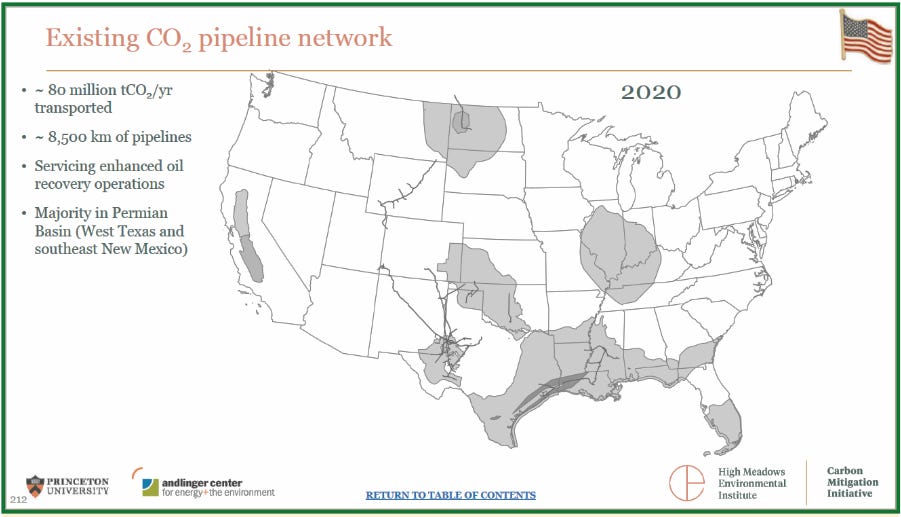
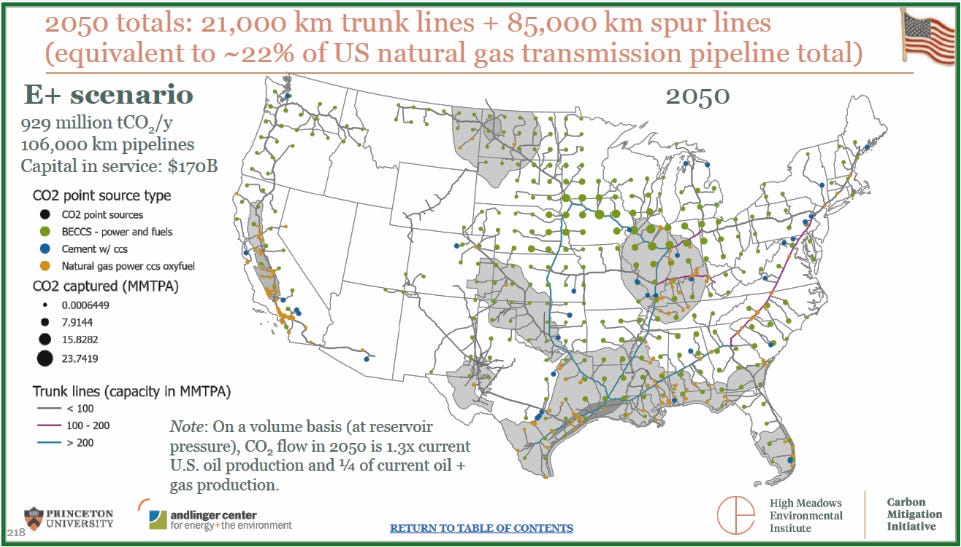



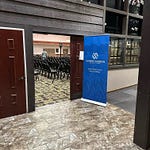


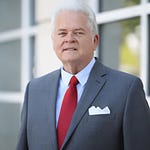




Rota Talks about the recent Carbon Pipeline Leak in Louisiana